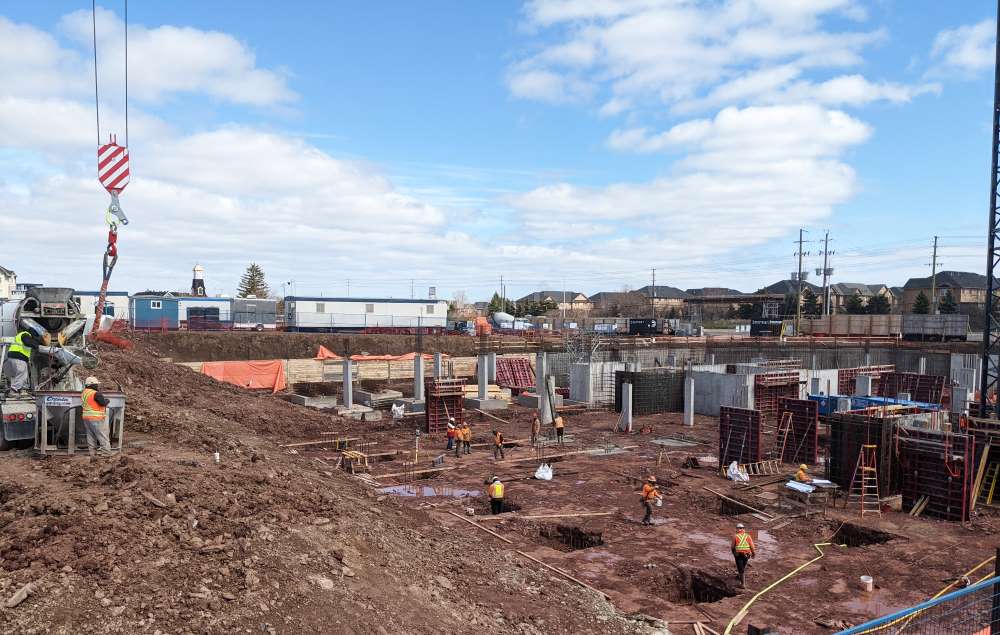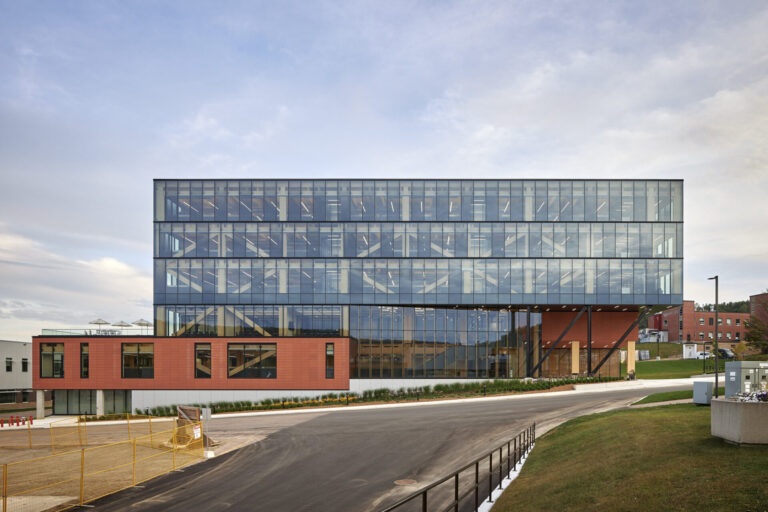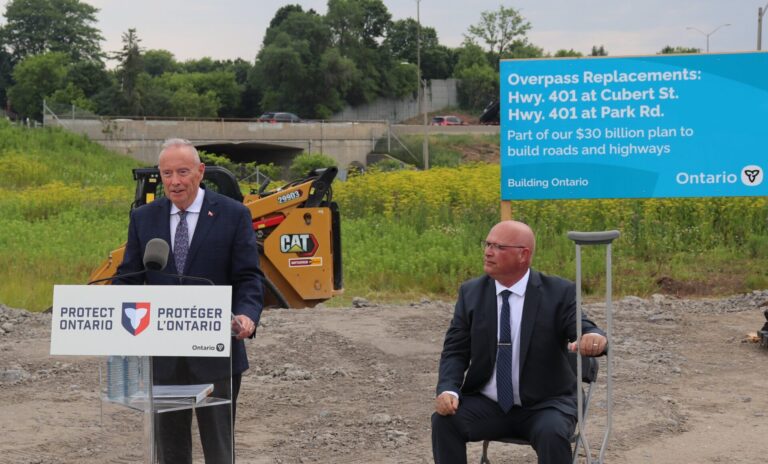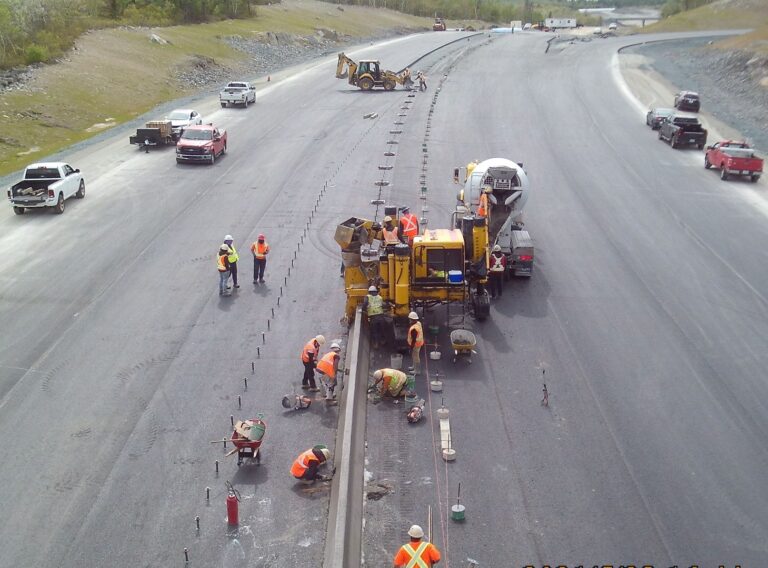The Government of Canada announced a new governance model for the National Model Codes development system.
The new federal-provincial-territorial (FPT) governance model replaces the Canadian Commission on Building and Fire Codes, the committee that was responsible for code development in Canada since 1991.
The new FPT governance model includes the Canadian Board for Harmonized Construction Codes (CBHCC), overseen by a new Canadian Table for Harmonized Construction Codes Policy. It was developed to integrate provinces and territories into the national process, bringing Canada significantly closer to harmonized construction codes across the country.
“To build a stronger economy and to reduce internal trade barriers, our government is adopting a more collaborative approach with provinces and territories to harmonize construction codes across the country. The new National Model Codes development system will ensure there is more consistency in innovative building techniques such as helping to meet energy efficiency standards. This will help to see more growth, more jobs, and better homes for Canadians,” said François-Philippe Champagne, Minister of Innovation, Science and Industry.
With this new approach, the code development system will be more responsive to provincial and territorial code priorities and will result in more efficient construction in Canada. The new model will contribute to lower construction costs for industry and reduce internal trade barriers related to manufacturing, operation, inspection, education and training. Adoption of more harmonized codes will accelerate the construction of energy-efficient buildings, creating more affordable and efficient homes for Canadians, while also helping to meet Canada’s net-zero goals.
By further enabling the timely adoption of harmonized construction codes, it is estimated the new FPT governance model will bring Canada an economic benefit between $750 million to $1 billion per year by 2028.
“Today marks an important step in our efforts to harmonize construction codes across Canada, in support of our construction industry. We look forward to continuing to work with provinces and territories in the transformed National Model Codes development system, to make advancements in key code priority areas such as climate change,” said Iain Stewart, president, National Research Council of Canada and federal co-chair, Canadian Table for Harmonized Construction Codes Policy.
“In developing the new governance model, it was important that we maintain strong engagement with industry and the code community, which have been hallmarks of the Canadian system” said Joe Rogers, vice chair of PTPACC and Chair of the transition efforts. “Also, the development of the National Model Codes would not be possible without the volunteers who serve on technical committees, and who will continue to develop changes on these committees for the 2025 Codes. I would like to thank the members of the CCBFC for their contributions to code development in Canada and for being such effective partners during this transition.”











